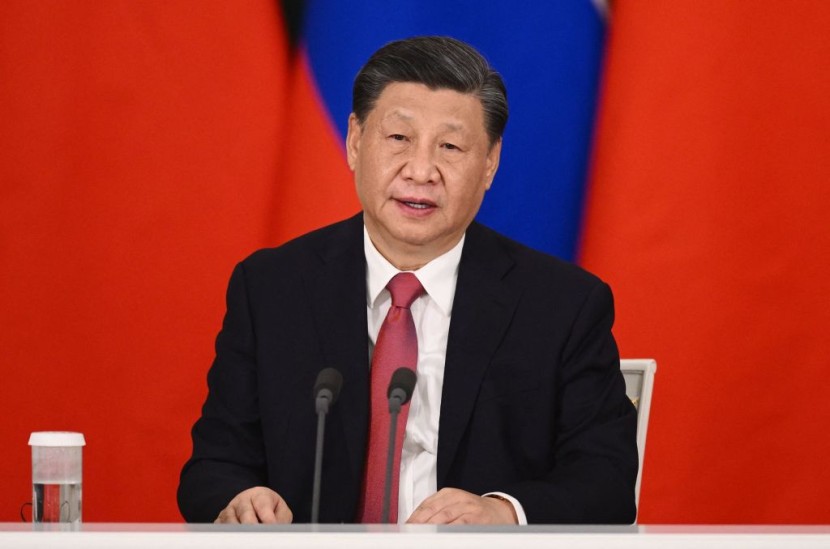
In light of the increasing competition between China and the US in the artificial intelligence (AI) and semiconductors industries, Chinese President Xi Jinping has reiterated his call for the country to strengthen its AI capabilities.
AI Usage for Industrial Modernization
On Friday, May 5, during a key economic conference, Xi emphasized that China should use its strengths in AI to assist in the modernization of the country's industrial sector, as reported by the official news outlet Xinhua.
In order to construct a holistic, advanced, and harm-free 21st-century industrial system, Xi said China should make the most of recent scientific and technical advancements like AI. The suggestion came up during a discussion of the Central Commission for Financial and Economic Affairs.
According to South China Morning Post (SCMP), this was Xi's second time highlighting the importance of AI research in recent weeks.
His remarks come as the US continues to take steps to inhibit China's advancement in AI by limiting the shipment to China of advanced semiconductors like central processing units (CPUs) and graphics processing units (GPUs), which are essential for training complex AI models.
The US government is likewise interested in AI. President Joe Biden recently met with the heads of some of the biggest names in AI, including Microsoft and Alphabet's Google. He emphasized the need to take precautions to ensure the security of their technologies before they are released to the public.
At an April 28 Politburo meeting, Xi's decision-making communist party apparatus, Chinese leaders agreed that China must develop artificial general intelligence (AGI), create an innovation ecosystem, and mitigate risk.
It was the first time AGI had been mentioned in a Politburo statement from Beijing, reflecting the country's ambiguous stance on ChatGPT and similar services up to this point.
Risks Associated With AI Development
Although progress in AI is welcomed, others worry about the potential drawbacks if it is pushed too far too fast.
After leaving Google this week, computer scientist and "godfather of AI" Geoffrey Hinton issued a warning that the race to release new AI technologies was putting jobs at risk and could facilitate the spread of misinformation. Experts in the field of cybersecurity also chimed in, expressing concern that fraudsters will weaponize generative AI systems like ChatGPT.
The Microsoft-backed OpenAI project ChatGPT, an AI chatbot, has been called the "iPhone moment" of the AI industry. Concerns that the human workforce could soon lose its competitive advantage to AI have been fueled by the technology's language understanding and task-performing capabilities.
Services similar to ChatGPT have recently become trendy among China's startup community and the country's "Big Tech" corporations.
The likes of search engine major Baidu, e-commerce giant Alibaba Group Holding, video game developer NetEase, and AI firm SenseTime have all introduced services similar to ChatGPT.
© 2026 HNGN, All rights reserved. Do not reproduce without permission.








